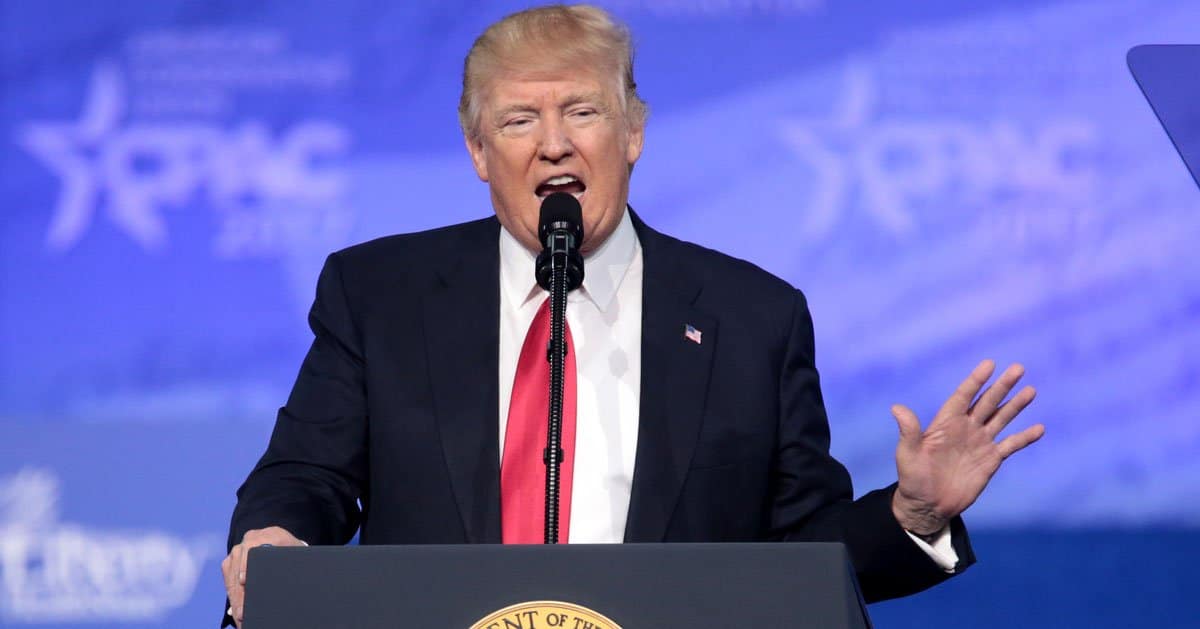








In a courtroom drama that could rival any prime-time legal thriller, a federal judge in Maryland spent nearly seven hours on Friday wrestling with the contentious case of Salvadoran migrant Kilmar Abrego Garcia and the Trump administration’s push to deport him to a third country.
Fox News reported that this high-stakes hearing in Greenbelt, Maryland, boiled down to whether Abrego Garcia will be released from immigration detention or shipped off to a nation with no ties to him, as the Trump administration scrambles to find a destination.
The saga began heating up in March when U.S. District Judge Paula Xinis started overseeing various aspects of Abrego Garcia’s civil case, a matter that has since gripped national attention with its implications for immigration policy.
On Monday, Judge Xinis ordered an evidentiary hearing to dive into a request from Abrego Garcia’s legal team for his release and to grill a Trump administration official on deportation plans targeting Eswatini, a small African nation.
Friday’s marathon session saw frequent objections from the judge and multiple sidebars with attorneys, a clear sign of the tension surrounding the government’s deportation strategy and the migrant’s uncertain future.
Judge Xinis, visibly frustrated, adjourned the court that evening with a promise to issue a ruling as swiftly as possible, leaving both sides—and a nation watching—hanging on her next move.
Before this legal showdown, Abrego Garcia attended a prayer vigil with his wife, Jennifer Vasquez Sura, on August 25 in Baltimore, entering a U.S. Immigration and Customs Enforcement field office with the weight of potential deportation looming large.
The Trump administration has floated three African countries—Uganda, Ghana, and Eswatini—as possible destinations for Abrego Garcia, pending the lifting of Judge Xinis’s emergency order keeping him stateside, though none have agreed to take him.
In a twist that smells of bureaucratic misstep, the government initially misrepresented Ghana’s and Eswatini’s stances on accepting the migrant, with both nations—along with Uganda—ultimately rejecting the request, though talks with Eswatini continue without resolution.
Adding another layer to this geopolitical chess game, Costa Rica has stepped up with a written agreement to accept Abrego Garcia, offering refugee status and a guarantee against re-deportation to El Salvador, aligning with a 2019 immigration judge’s ruling.
Abrego Garcia’s attorneys have made it clear their client is ready to board a plane to Costa Rica at a moment’s notice if ICE greenlights the move, a sensible solution that seems to dodge the administration’s odd fixation on unrelated African nations.
Yet, the Trump administration’s initial offer to send him to Costa Rica was tied to a guilty plea in a separate criminal smuggling case in Nashville—an offer Abrego Garcia declined, prompting a notice of removal to Uganda, a country that hadn’t even been approached at the time.
During the hearing, ICE’s witness, John Schultz, deputy assistant director of Enforcement and Removal Operations, floundered under questioning, unable to provide basic details about Abrego Garcia’s case or the status of talks with potential host countries. “Looked into his case in March,” Schultz mumbled, offering little beyond that vague recollection.
Judge Xinis didn’t hold back, slamming the administration for presenting a witness “who knows less than nothing” about the matter, a sharp rebuke that underscores the government’s shaky handling of a case that’s become a lightning rod for immigration debates.
Her frustration was palpable when she pressed, “Why not? You don’t want him in the country—you’ve said that," questioning why Costa Rica isn’t the obvious choice.
Outside the Greenbelt courthouse, demonstrators rallied in support of Abrego Garcia alongside his wife, a poignant reminder of the human stakes in a case too often reduced to policy talking points.
While the administration can appeal any ruling to the Fourth Circuit, as hinted by DOJ lawyer Drew Ensign, the real question remains: will common sense prevail over a deportation agenda that seems more about posturing than practicality? It’s a sad state of affairs when a migrant’s fate hinges on bureaucratic games rather than a straightforward path to a willing host like Costa Rica.



